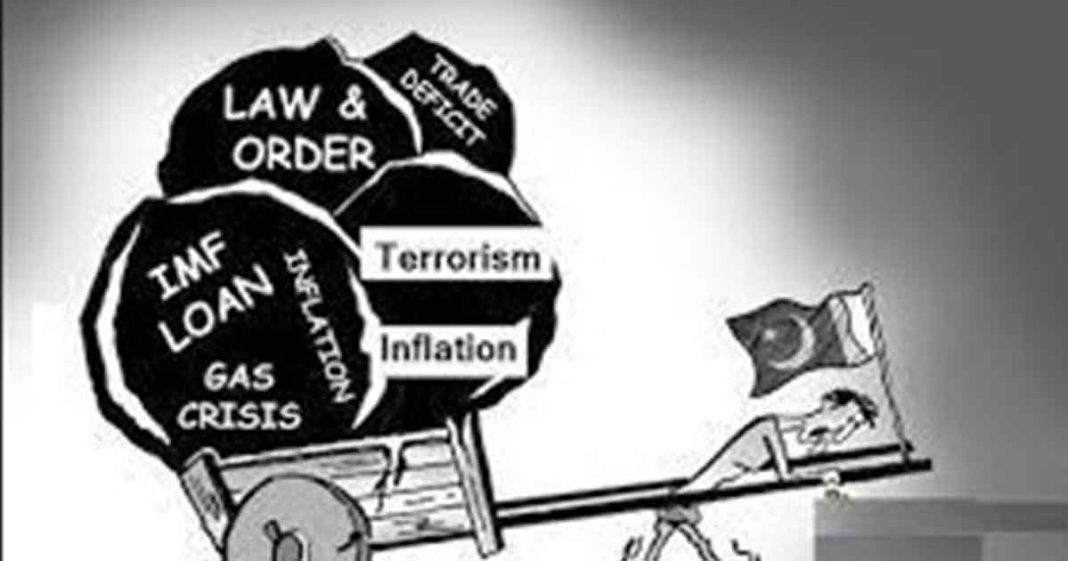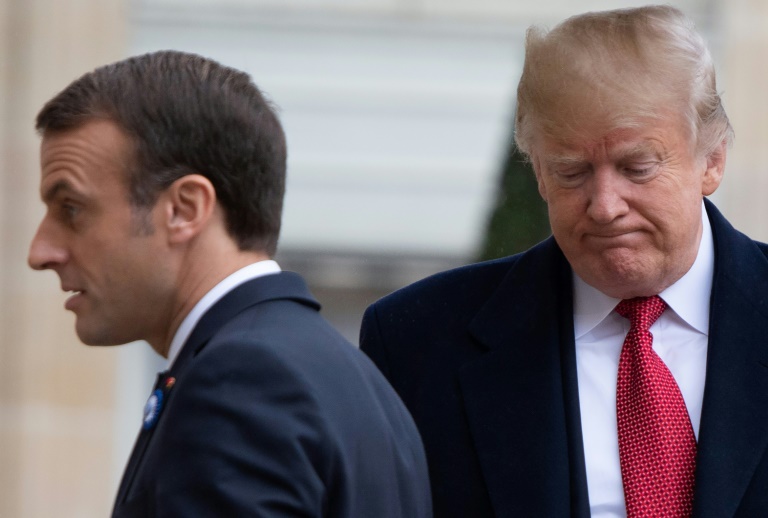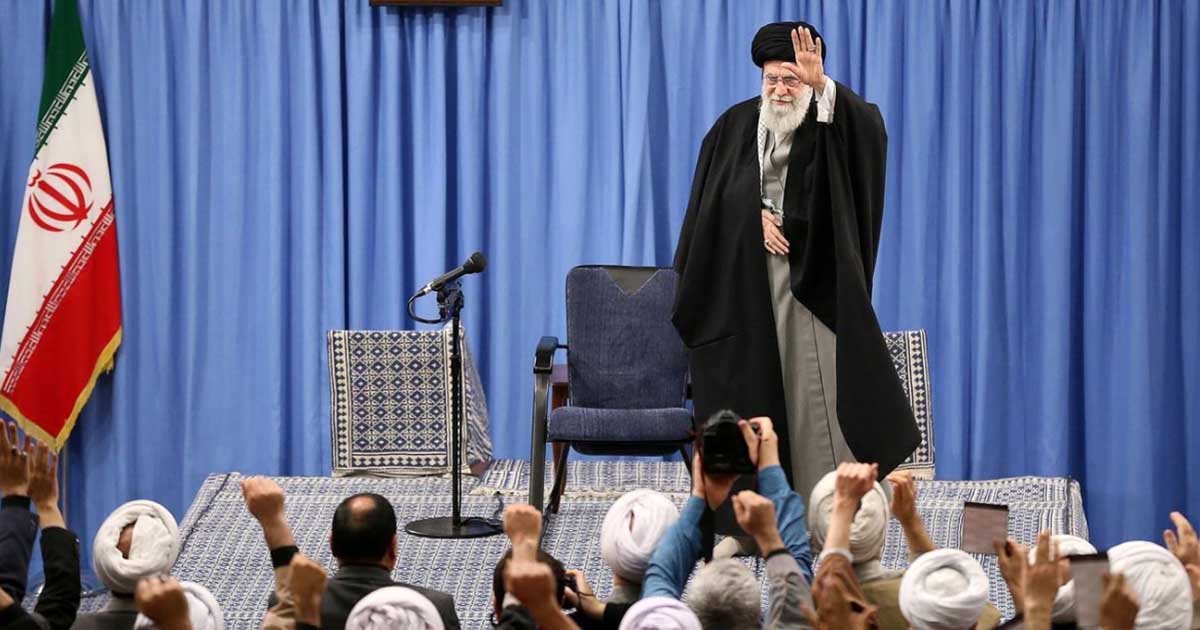Does the governance matrix in Pakistan, along with the State’s service delivery structure, live up to its democratic promise? Or, instead, are we entrapped in a system that is ‘democratic’ in name, but devoid of all the constituents that create a functional constitutional democracy? This fundamental issue rests at the heart of our governance debate. And it is time that each of us—divorced of partisan proclivities—asks these questions from our own conscience; in the hope that an honest answer will generate the requisite debate needed to institute the necessary reforms.
The promise of constitutional democracy, at its core, attempts to ensure that the collective will of the people, concerning issues that relate to the welfare of the populi, finds expression in the corridors of political, legal, and administrative power.
Objectives of democracy
Specifically, the virtue of a ‘constitutional democracy’ rests in its promise to achieve three distinct objectives: 1) translate ‘will of the people’ into actionable law, through the Parliament, subject to necessary safeguards for minorities and disadvantaged groups; 2) develop an efficient system for delivery of State-sponsored services to the people, without fear or favor, along with the corresponding mechanism for administrative accountability; and 3) institute a judicial system, irreproachable in character, which serves as an independent arbiter of private and public disputes.
Read more: How PTI is facing crisis of governance?
Let us try and evaluate our democratic ‘system’, established under the Islamic Republic of Pakistan, 1973, on the touchstone of these overarching principles.
Starting with the legislature: let us start by asking ourselves whether our ‘system’ elects people who truly represent the public will, and does it then compel these individuals to work (legislate) in the public interest? To this end, does Pakistan’s electoral system provide a level playing field, designed to elect the most qualified and deserving candidate from each constituency? Or, instead, has it become a process through which the rich and powerful perpetuate their worldly fiefdoms?
Why do the same individuals—despite an insurmountable corpus of corruption charges and decades of public mismanagement—continue to be elected from their respective constituencies, without any fresh leadership coming to the fro? Why are political constituencies, much like other material things, passed on as a hereditary title amongst family members? Why does our ‘system’ not guard against such abuses, through institutional checks and balances?
Why has the system failed?
The answer to all these questions is simple: success in our electoral system is a function of the candidate’s financial and physical muscle in the constituency. In our ‘system’, there is no way for Allah Ditta and his family to contest against the financial power (and armed cohorts) of the Waderas’ of Sindh, Sardars of Balochistan, Chaudhary’s of Punjab and the Maliks of Khyber Pakhtunkhwa.
Read more: Why have we lost faith in our system?
Not only can such (powerful) individuals browbeat any possible competitor in their respective constituencies, they can simply outspend them during the electoral process. And despite strict campaign finance restrictions, under Section 132 of the Elections Act, 2017 (which, for example, stipulate that no more than Rupees 1.5 Million will be spent by a candidate in Senate Elections), our ‘system’ has never (really, never!) enforced any such legal requirement on candidates for elected office.
Once the candidates have been elected to the Parliament (in whatever manner), there is no institutional mechanism in place to ensure that they will diligently perform their functions, for the betterment of the people. As a result, for the most part, the Parliamentarians do not legislate much. Instead, they spend most of their time (in the Parliament) making speeches designed to score momentary partisan points.
The few instances when legislative work is being done, most of the Parliamentarians do not even bother to read (let alone understand) the legislation that has been presented, and blindly vote according to the personal whims of their political masters. When was the last time any of us heard the Parliamentarians debating the merits of the public healthcare system, or education, or administrative reforms?
When was the last time any of us heard Parliamentarians debate at all?
Next, the executive: can anyone argue (with a straight face) that the service-delivery mechanism of our executive machinery our State functions without fear or favor? Does the thaana, despite all provisions of the relevant police laws, treat Allah Ditta at par with the local political leader? Does the Patwaar? Does the DHQ hospital? Or the District Commissioner? Is public education really designed to help Allah Ditta’s kids compete with children from elite private schools in the dynamic modern world?
Read more: Uzair Baloch’s JIT: The right questions to ask
Does the ‘system’ really do all it can for the street children? Or the homeless? Or the thousands of women and children who are sexually assaulted each year? Does our ‘system’ care about the 200 children in Thar, who died from lack of food and water last year? Does it provide efficacious institutional mechanisms to protect the Hazaras of Quetta, or the Christians of Lahore?
Just this week, the Prime Minister inaugurated Karachi’s green-line bus service, completed after three years of delay; partly because our ‘system’ requires umpteen overlapping processes and approvals to get a simple bus service to work. There is still confusion—in the wake of the 18th Constitutional Amendment—whether the functioning of these buses (funded by the Federal Government) will fall under Federal Government’s purview or the Provincial Government’s domain, or will they eventually be entrusted to a functioning local government? A mere bus service, in this day and age, cannot be operated without the administrative ‘system’ getting in its way.
The most deplorable manifestation of this ‘system’ is perhaps best glimpsed in our project for justice. Respectfully, that is. Just this week, Transparency International Pakistan released a report, according to which, our judicial system is deemed to be the second most ‘corrupt’ institution of the country!
Of course, there are good judges and valuable jurisprudence
But, on the whole, is the ‘system’ really working to provide justice to Allah Ditta? Or is it, instead, designed in a manner that tips the scale in favor of the powerful and wealthy? Can we say that the judicial system is working, as it should, when Allah Ditta languishes in jail for decades, while Hamza Shehbaz’s bail is heard over the weekend? Have the courts asked the State to provide a ‘guarantee’ for the life of any incarcerated patient, other than Nawaz Sharif?
Read more: Senate elections through ‘open ballot’: What does the Constitution say?
Is the ‘system’ working when Asif Zardari could not be charge-sheeted till November 2020, in a case that was registered back in 1994? Can we say that our courts provide justice when Majeed Achakzai (an MPA from Balochistan) was acquitted after running over a traffic warden in Quetta in broad daylight? Oh, by the way, despite the CCTV footage showing the entire incident, Majeed Achakzai was acquitted for ‘lack of evidence! Has the judicial system worked for the victims of the Model Town massacre when, despite a lapse of seven years, not a single conviction has been handed down? Did it work for the people of Baldia Town Factory fire? Is it working for those who lived under Uzair Baloch’s terror regime in Lyari? Did it work for those who were killed during the lawyers’ attack on the Punjab Institute of Cardiology?
And let’s not talk about judicial accountability just yet. Icarus must not fly too close to the sun, lest its wings be burnt.
As hard as it may be to accept, the truth is that our democratic ‘system’ is broken. We can make excuses for it. Perhaps the constitutional and legal regime is not the problem. Maybe the fault rests with a particular political party, or the Army, or a few judges, or the culture, or the time, or the people. Maybe everyone is to be blamed. But, incontestably, our democracy is not delivering on its promise. It does not nurture deserving and fresh political leadership. It does not deliver basic State services to those who deserve them the most. And it does not punish the wicked or recompense the innocent.
Read more: Op-Ed: Opposition running ‘Democracy (Pvt) Ltd’ in the name of Democracy
Suggesting that we need to revise the framework of the Constitution of 1973, is anathema in the current polity. Saying so endangers the ‘jamhooriyat’ in our land. It certainly endangers the political fiefdoms of those who sat together, behind closed doors, to hatch out the 18th Constitutional Amendment. But we cannot push these questions under the rug for too long. Millions of people—languishing without State services, without empathy, without timely justice—will not wait on the constitutional promise forever.
Saad Rasool is a lawyer based in Lahore. He has an LL.M. in Constitutional Law from Harvard Law School. He can be reached at saad@post.harvard.edu, or Twitter: @Ch_SaadRasool. This article originally appeared in The Nation under the title, “A broken system?” and has been republished with the author’s permission.
The views expressed in this article are the author’s own and do not necessarily reflect the editorial policy of Global Village Space.














